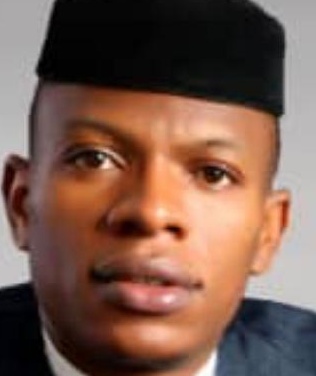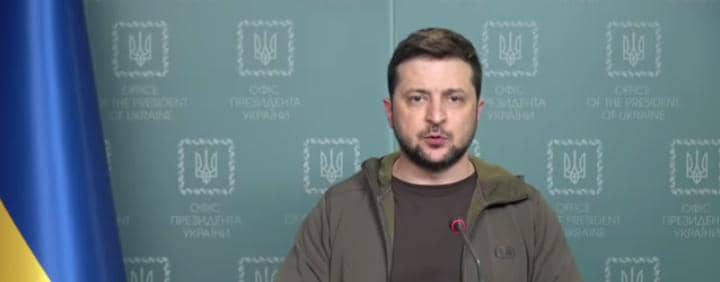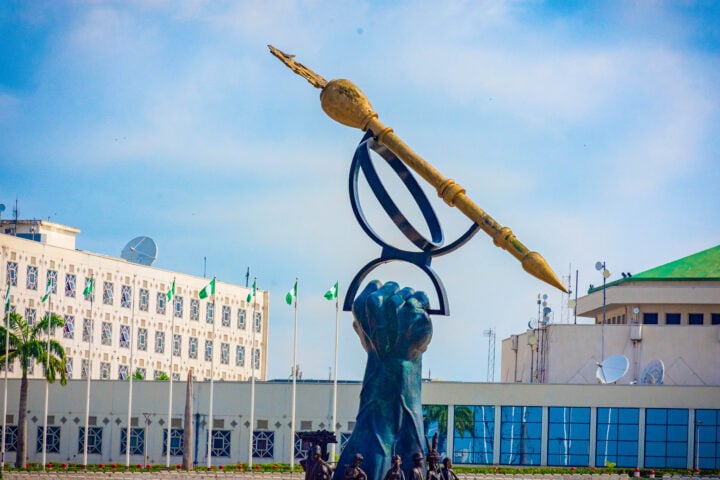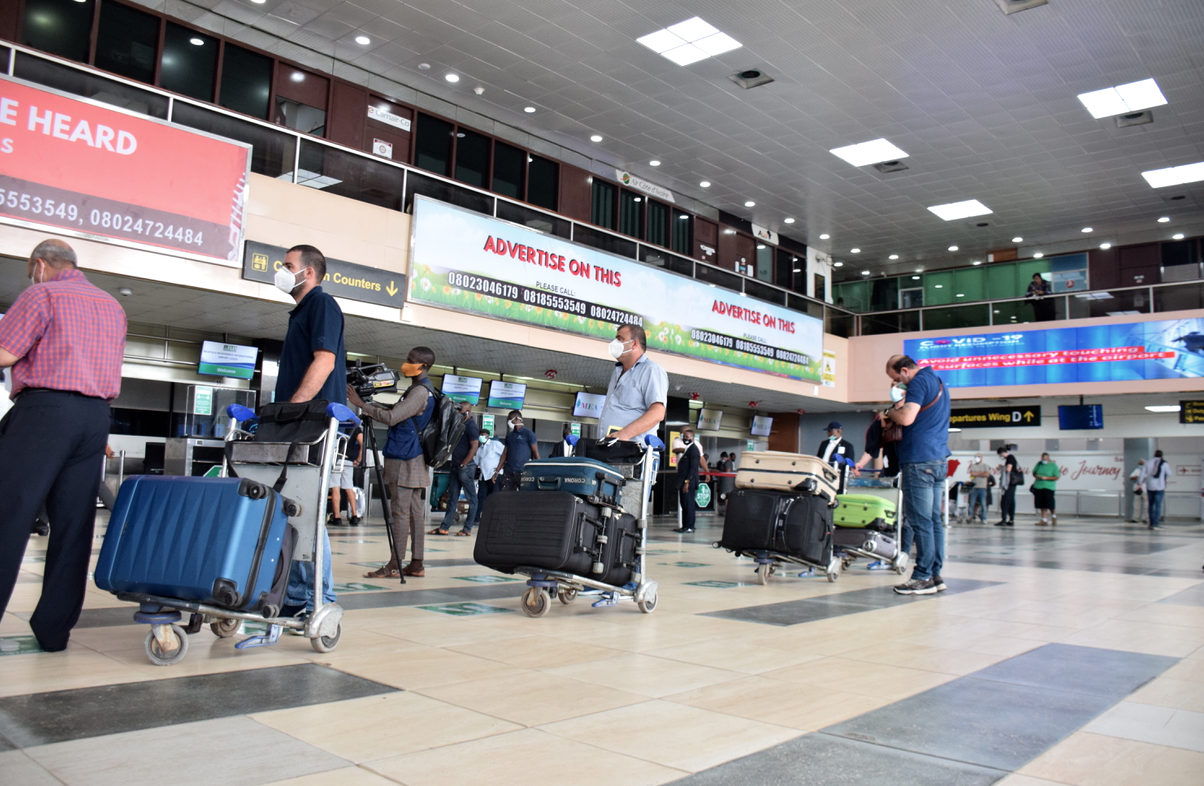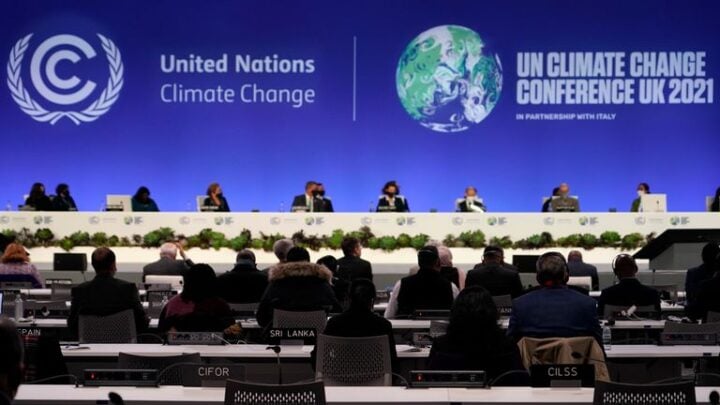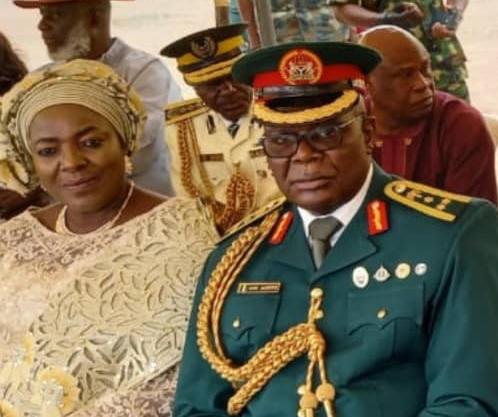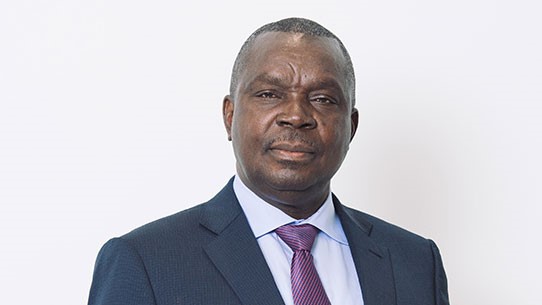Rising from its 95th National Executive Council meeting last Wednesday, the opposition People’s Democratic Party (PDP) announced that it had set up a 37- man committee with membership drawn from each state of the federation including theFederal Capital Territory with a mandate to lift the heavyweight of zoning key elective offices ahead of its National Convention, and ultimately in preparation for the 2023 general election which is shaping up to be a classic clash of titans.
The PDP has had the zoning question encircled around its neck like an albatross for a number of reasons. First, it is an idea of its Constitution and one of the many aspirations of its Founding Fathers towards ensuring equitable power-sharing in a country so ethnically and religiously diverse as Nigeria. On the other hand, there has been a resurgent clamor in the country for power shift to the South in 2023. It may be recalled that last year, and probably for the first time in Nigeria’s political history, Nigerians witnessed a non-partisan southern alliance by Governors of Southern Region, demanding that power must return to the South by the end of the Muhammadu Buhari presidency, in what is now known as the Asaba Declaration.
How to balance this somewhat moral and political obligation which aligns with the mood of the nation, with its ultimate objective of returning to power in 2023 is the question that has left leaders of the party scratching their heads.
Already, a number of politicians from Northern extraction have indicated their interest to contest the presidential ticket of the party. Sokoto and Bauchi State Governors, Rt. Hon. Aminu Waziri Tambuwal, and Bala Mohammed respectively, lead the pack in this regard. There is also the former Senate President and former Governor of Kwara State, Bukola Saraki who too, is auditioning for the top job.
Advertisement
Not to be outdone, some southern politicians; particularly of the South East have also declared their intent to contest the party’s presidential ticket. Former Senate President, Anyim Pius Anyim and Sen. Mao Ohuabunwa have noticeably been going around the country to seek the support of stakeholders of the party and Nigerians at large, in furtherance of their presidential ambition. There are indications that other politicians from that part of the country would still join the fray, with fingers being pointed at former Anambra State Governor, Peter Obi who has so far, played his political cards close to his chest.
But it is the ambition of the former Vice President, and presidential candidate of the party in 2019, Alhaji Abubakar Atiku (GCON), that is probably causing the party hierarchy to lose sleep. After a series of speculation about his intent to contest, all is now set for his official declaration to contest the 2023 presidential election under the platform of the PDP on Wednesday, March 23, 2022, at the International Conference Center.
Alhaji Atiku Abubakar has never hidden his ambition to rule Nigeria, and if he eventually clinches the party’s ticket, he would be contesting the office for the 6th time. With his broad political war chest, vast experience, and first-name recognition, it is widely believed amongst political pundits that Atiku stands the PDP in the best stead of taking over power from the ruling All Progressives Congress (“APC”) which is currently battling for its existence.
Advertisement
Not being of the southern extraction, the question however is, how to pacify the competing interests from the southern region of the country, which it could be said currently enjoys the national sentiment. High ranking and influential members of the party from the South such as Governor Nyesom Wike, Chief Olabode George amongst others, have cautioned that the party should respect the zoning principle enshrined in its Constitution and accordingly zone its presidential ticket to the South. How that would play out, remains to be seen.
Some members of the party who prioritize the prospects of the party’s takeover of power in 2023 as against zoning to a particular region have however come up with a brilliant argument of their own, namely, that the onus of zoning rests on the party in power, and not the one seeking to take power since it is not a prescription of the 1999 Constitution. They, therefore, contend that APC’s decision to zone its presidential ticket to the South is not binding on the party, as each political party would draw its political equation in line with its peculiar realities.
In a sense, one sees merit in this argument. Political parties in principle, are set up as vehicles to attain political power in order to fulfill their social agenda to the masses. In circumstances therefore where such primary objective conflicts with other socio-moral imperatives such as zoning, one would expect that the former prevails, as the latter could still be effectively achieved within the context of the former.
Former Vice President, Atiku Abubakar must have been of this persuasion when he informed stakeholders of the party recently, that the PDP must not zone for the sake of zoning, as the future of the party, might rest on how it approaches the vexed question ahead of 2023 polls.
Advertisement
There is also merit in this political thinking. Without a doubt, 2023 would be an acid test for the continuous existence of the PDP as a mainstream political party. Clearly not prepared for the manner it was sacked from power at the center in 2015, its primary consideration must be how best, to return to power in 2023, and there is no prize for guessing that the former Vice President remains the most realistic answer to that question.
While there are moral justifications for power shift to the South, none of it can be achieved outside a political context. And politics and morality often don’t mix. This is however where the job of the Senator Iyorcha Ayu led-PDP is cut: how to convince members of the party from the south with legitimate presidential ambitions to shelve same in the larger interest of the party; with a promise of executing an inclusive power-sharing that accommodates all and sundry if elected into office in 2023. This would require a lot of political tact, probably never seen in the history of party politics in Nigeria.
The Northern triumvirate of Saraki, Tambuwal, and Mohammed might have just begun that process with their reported agreement yesterday, to collapse their respective ambitions and work towards producing a consensus candidate for the party ahead of the 2023 election.
This may have well set the tone for the Zoning Committee’s mandate. While the outcome of the committee’s mandate is awaited, Atiku owes it to the party members; particularly those from the south, to be gracious in the manner of actualization of his ambition in order not to create a combustion reaction within the party that might destabilize it, even before the first ballot is cast.
Advertisement
A legal practitioner and public affairs commentator, Raymond can be reached via [email protected]. He tweets @Raymondnkannebe
Advertisement
Add a comment
